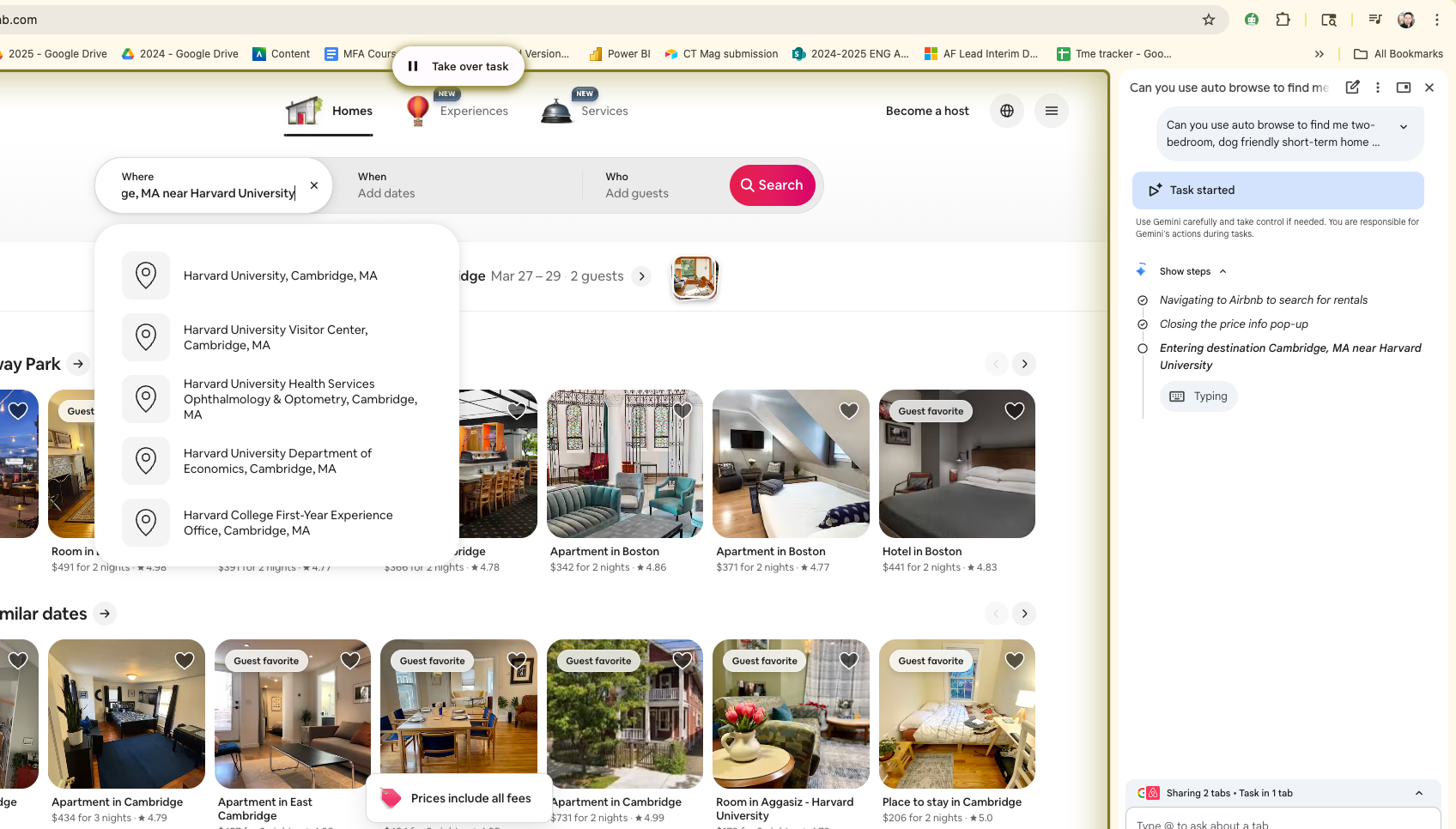Document-Management Tools
Tools and ideas to transform education. Sign up below.
You are now subscribed
Your newsletter sign-up was successful
from Technology & Learning
Quick tips for saving time, space, and patience.
I use a number of digital technologies to make myself more productive. While many of my academic colleagues would benefit from using some of the same tools, faculty are often unaware they exist. The following are a few of the productivity tools that are particularly helpful with my academic writing.
Adobe Acrobat (Full Version)
Professors often have the free Acrobat Reader software installed on their computers so they can read PDF documents. Fewer have the full version of Acrobat, and most don't understand everything they can do with it. For example, I use the full version constantly to save timesensitive material from the Web onto my hard drive. If I find a temporal Web site such as an online newspaper article that will disappear after a few days, I click on Print, change my printer to Adobe PDF, and it's mine.
Acrobat also helps on the document-production side. The full version of Acrobat allows faculty to create a password-secure document that can be read but can't be altered. Researchers can publicly share their writing while simultaneously preserving the document's formatting and their intellectual property. Some universities are even using Acrobat's ability to embed multimedia to create digital dissertations that include audio and video, not just text and images.
Sheet-Fed Scanner and OCR Software
Tools and ideas to transform education. Sign up below.
Who doesn't wish they had less paperwork? A sheet-fed scanner and some good software can make that dream come true. I'm partial to the Fujitsu ScanSnap line or the scanners from Visioneer, but any duplex scanner (one that scans both sides of the paper) will do. I'm pleased with my recent purchase of Nuance's OmniPage document-conversion software. A quick scan turns my memos, articles, reports, monthly bills, and other papers into searchable PDF or Microsoft Word documents. I then throw the papers into the trash or shredder, knowing that I can retrieve them again digitally in just a few seconds—and the amount of paper I have lying around is drastically reduced.
Desktop Search Engine
We academics tend to be document pack rats. We never know when we'll again need that article from 20 years ago or that important report from last year. Archiving or converting documents into digital versions allows their contents to be searchable. I no longer have to remember what I named a file or in what folder I put it. I simply open up Google Desktop, type in a short phrase, and a link to my document pops up. There are a number of desktop search engines that are both powerful and free.
Screen-and Video-Capture Software
Sometimes what I want to capture onto my hard drive isn't text. I use screen-capture software to grab graphics, tables, and diagrams off my computer screen. TechSmith's SnagIt software is widely acclaimed for this purpose. At other times I may want to capture a video. There are a variety of Web sites that allow you to download video from sites like YouTube and Google Video. TechSmith's Camtasia Studio is a good solution for this task also.
In a future column I'll cover additional tools that help me stay organized and efficient. Until then, remember it is important to comply with all copyright restrictions and terms of usage when using the tools I described. While you may be able to capture and archive content for personal use, further dissemination may be prohibited by the creator of the work.
Scott McLeod is director of the UCEA Center for the Advanced Study of Technology Leadership in Education (CASTLE) at Iowa State University. Reach him at mcleod@iastate.edu or www.dangerouslyirrelevant.org.
